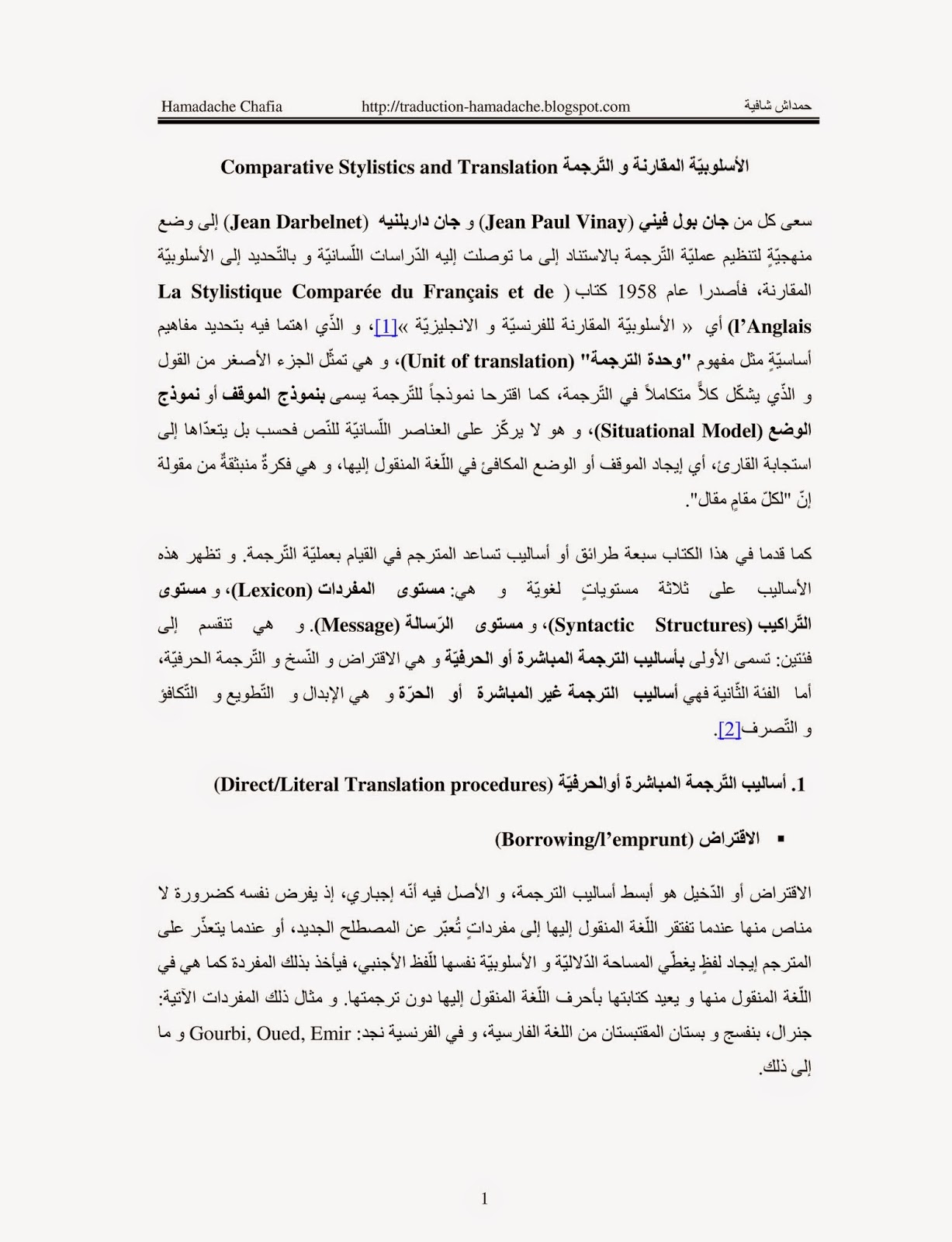WHAT IS POPULARISATION?
Dr Giuseppina Scotto di Carlo,
New Trends in Popularisation: Linguistic and Communicative strategies in TED
Talks.
Popularisation “is a social process consisting
of a large class of discursive-semiotic practices […] aiming to communicate lay
versions of scientific knowledge”. (Calsamiglia & van Dijk 2004: 371). This means that science popularisation allows everyone
to understand scientific knowledge.
In the past, there was a clear-cut distinction
between scientific and popularised texts. According to this perspective,
science is built on a hermetic language that needs to be “translated‟ from the
science world to a popularised context. The audience was seen as an ignorant
mass on which the scientific community has the power to decide what has to be
known and what not.
Only during the last decade, studies on
professional-lay interaction have focussed more on mass media, which constitute
a triangular communication space, a “meeting point‟ between scientists, the
public, and text producers (Berruecos Villalobos 2000). The latter are
mediators, usually journalists, who are able to “translate‟ a scientific
discourse into everyday language.
However, it must be said that this approach raises a barrier between the
scientific community and the audience. Recently, the dichotomy
science/popularised discourse has been questioned. This is the case of TED*
talks, a non-profit organisation devoted to the dissemination of “Ideas worth
Spreading‟, which constitute an innovation within innovation, as they are a new
tool of popularisation that breaches the typical “scientist-mediator-audience‟
triangularization, bringing scientists directly into contact with their
audiences.
*
(Technology, Entertainment and Design)



Commentaires
Enregistrer un commentaire